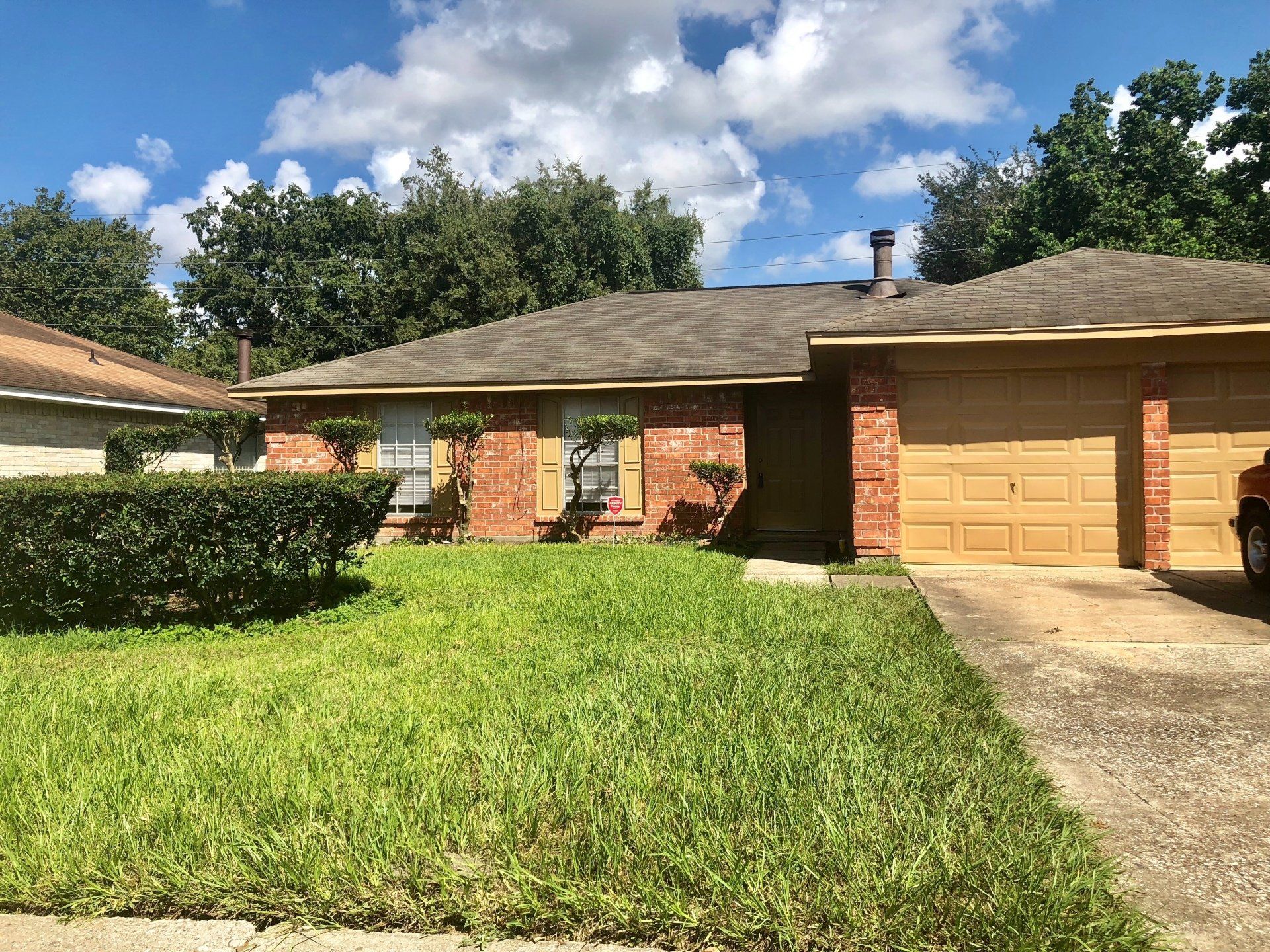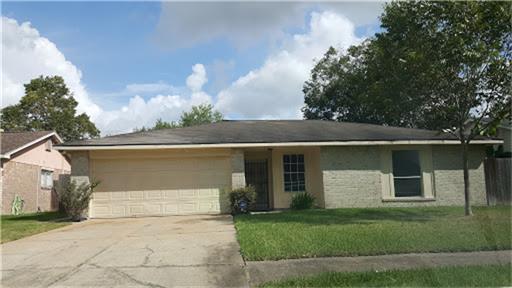Understanding Tenant Rights in Houston: A Complete Guide

Renting a home in Houston comes with both rights and responsibilities. For tenants, understanding these rights is essential to ensuring fair treatment, resolving conflicts effectively, and maintaining a positive relationship with the landlord or property manager. Texas has its own statewide rental laws, and local practices in Houston also influence how rental situations are handled. Whether you're a long-term renter or new to the area, being informed can help you navigate your tenancy confidently and avoid misunderstandings.
Below is a comprehensive, easy-to-understand overview of the most important tenant rights in Houston.
1. Right to a Habitable and Safe Home
Every tenant in Texas has the right to live in a property that meets basic health and safety standards. This includes a structure that is sound, weatherproof, and free from conditions that pose a danger to your well-being. Issues like roof leaks, broken pipes, sewage backups, or collapsed drainage lines fall under the landlord’s responsibility to repair.
However, Texas law is very specific—landlords are not required to maintain everything in the home once it is occupied. Items that are part of regular wear, tenant misuse, accidental damage, or non-essential features may fall under tenant responsibility.
For example:
- Tenants must address issues caused by neglect or improper use.
- Minor repairs or cosmetic issues are not considered urgent landlord obligations.
- If severe weather or high vendor demand delays emergency repairs, landlords are allowed reasonable time to resolve the issue.
It’s also important to note that landlords are not obligated to perform repairs for tenants who are in collections, eviction, or who caused the damage themselves. Understanding this distinction helps tenants communicate clearly and manage expectations.
2. Right to Privacy and Respectful Entry
Tenants have the right to enjoy their home without unreasonable intrusion. Landlords must respect tenant privacy and handle personal information—such as rental history, payment details, and contact information—confidentially.
Generally, landlords should provide at least 24 hours' notice before entering the rental unit for inspections or repairs. Notice typically includes the time and reason for entry.
Exceptions include:
- Emergencies such as fire, flooding, or risks to health or property.
- Suspected property damage requiring immediate intervention.
Many leases in Texas also include a clause that allows landlords to enter without notice to assess property condition. Most professional management companies, like Ashoka Lion, do not rely on this clause unless dealing with uncooperative or violating tenants, but tenants should still be aware that it exists in many lease agreements.
3. Right to Fair and Equal Treatment
Federal law, specifically the Fair Housing Act (FHA), protects tenants from discrimination. Landlords in Houston cannot treat you differently, deny you housing, or impose different lease terms based on:
- Race
- Color
- Religion
- Sex
- National origin
- Disability
- Familial status (e.g., pregnant women or families with children)
This means marketing, screening, lease terms, and decisions must be applied equally to all applicants and tenants. Tenants who believe they have been discriminated against may file complaints with HUD or local housing authorities.
4. Right to a Written Lease Agreement
A written lease is more than just paperwork—it establishes a clear, legally binding agreement that protects both parties. Houston tenants have the right to receive a written lease that outlines:
- Rent amount and due dates
- Lease duration
- Rules and restrictions
- Maintenance responsibilities
- Pet policies
- Renewal terms
- Fees and penalties
Once signed, the landlord must follow the terms just as tenants must. Having everything in writing minimizes miscommunication and helps resolve disputes.
5. Right to Proper Notice Before Changes or Entry
In Texas, notice requirements protect tenants from sudden disruptions. Proper notice includes:
- Entry Notice: Usually 24–48 hours unless it's an emergency.
- Rent Increases: While Texas does not regulate rent control, increases during a lease term are not allowed unless specified in the contract. Notice must be given before a new lease period begins.
- Lease Nonrenewal: Landlords must provide written notice based on lease terms—often 30–60 days.
Again, lease terms may vary, so tenants should review them carefully.
6. Right to the Return of Security Deposit
Security deposits are meant to cover unpaid rent or tenant-caused damages, not normal wear and tear. Houston tenants have the right to receive:
- Their full deposit, or
- An itemized deduction list
within 30 days after moving out, as long as the tenant provides a forwarding address.
Important distinctions include:
- Normal wear and tear refers to natural deterioration from everyday use, such as minor carpet wear or fading paint.
- Cleaning issues—dirty countertops, stained floors, unclean bathrooms—are not wear and tear and may lead to deductions.
- Damage caused by misuse, neglect, or accidents (e.g., clogged drains, large holes in drywall, broken appliances) is chargeable.
- If carpet recently replaced must be redone due to stains or damage, tenants may be responsible for costs based on remaining lifespan (e.g. carpet was replaced 2 years ago and has to be replaced after vacancy due to tears/stains/etc.)..
Understanding this process helps tenants avoid unexpected charges and leave the property in acceptable condition.
7. Right to Dispute Resolution
Disagreements may arise during a tenancy regarding repairs, deposits, rent changes, or lease enforcement.
Tenants have the right to seek fair dispute resolution through:
- Direct communication with the landlord or property manager.
- Mediation services offered by local organizations.
- Legal assistance from tenant-rights attorneys.
- Help from local advocacy groups such as the Houston Tenants Union.
Documenting communication, keeping copies of notices, and reporting issues promptly can significantly help in resolving conflicts professionally.
Knowing and exercising your tenant rights ensures you are treated fairly and helps you maintain a positive rental experience. Houston’s rental laws are designed to balance responsibilities between landlords and tenants, and understanding where those lines are drawn empowers you to protect your home and peace of mind.
If you face issues with your landlord, consider reaching out to local tenant advocacy groups, such as the Houston Tenants Union, or seek legal advice from attorneys specializing in tenant rights. Knowing and exercising these rights can help tenants ensure they are treated fairly and maintain a positive rental experience.









